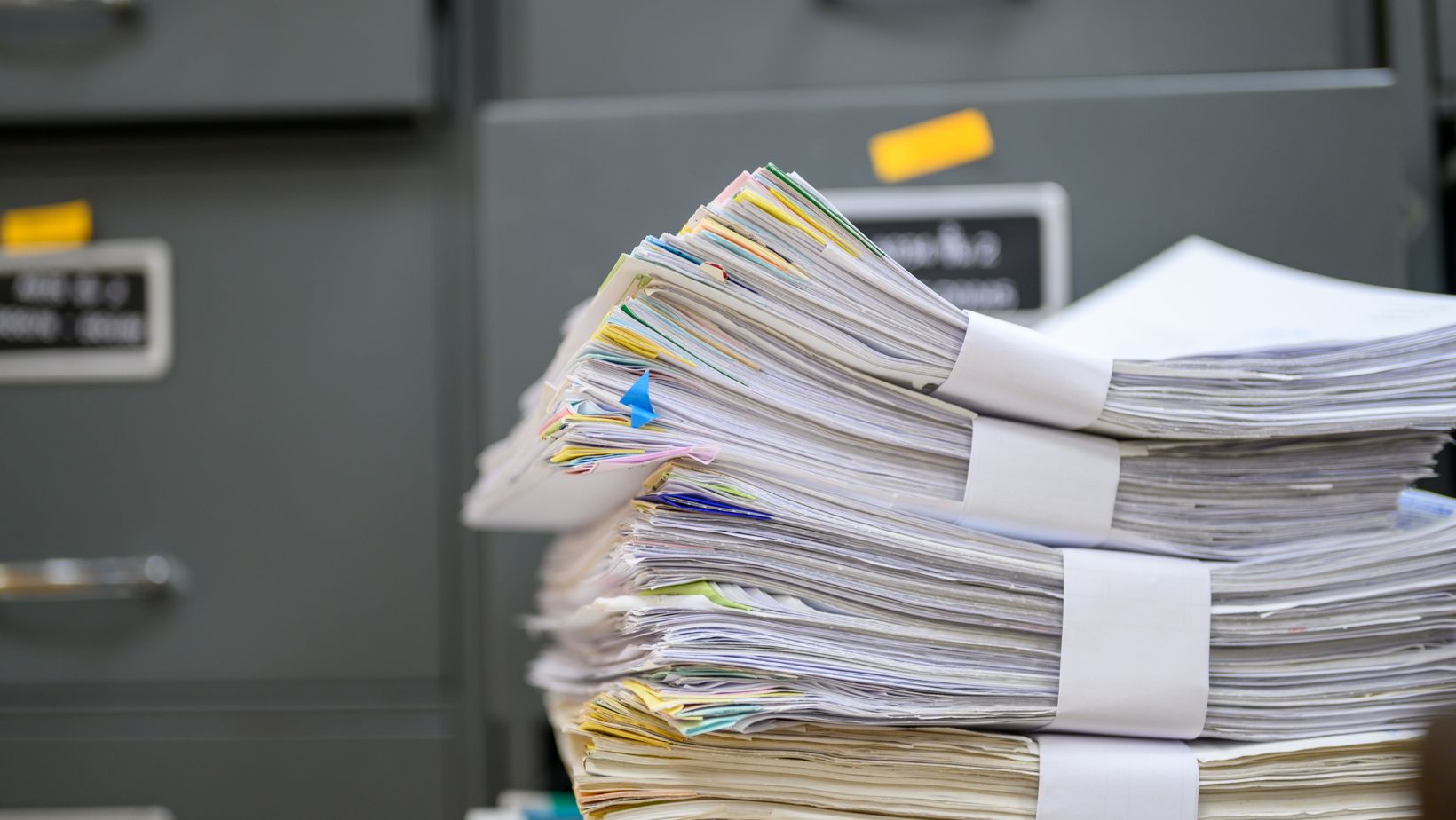The Risks of Improper Document Disposal

In today’s digital age, it’s easy to overlook the importance of physical document security. However, the risks of improper document disposal can have far-reaching consequences, both for individuals and businesses. From identity theft to legal liabilities, the potential damage can be significant.
The Threat of Identity Theft
One of the most common risks associated with improper document disposal is identity theft. Sensitive information such as Social Security numbers, credit card details, and personal addresses can be easily exploited by unscrupulous individuals. When documents containing this information are not shredded or destroyed securely, they can fall into the wrong hands and be used to open new accounts, make fraudulent purchases, or even assume someone else’s identity.
Legal and Financial Consequences
One of the most common risks associated with improper document disposal is identity theft. Sensitive information such as Social Security numbers, credit card details, and personal addresses can be easily exploited by unscrupulous individuals. When documents containing this information are not shredded or destroyed securely, they can fall into the wrong hands and be used to open new accounts, make fraudulent purchases, or even assume someone else’s identity.
Environmental Concerns
Beyond the security risks, improper document disposal can also have negative environmental consequences. When documents are not recycled or disposed of properly, they can end up in landfills, contributing to pollution and environmental degradation. This is particularly problematic for documents containing hazardous materials, such as those used in some printing processes.
Data Breaches and Cybersecurity Risks
Even in the digital age, physical documents can still play a role in data breaches. For example, if an unauthorized individual gains access to a company’s offices, they could steal sensitive documents containing customer information, employee records, or trade secrets. This can lead to significant cybersecurity risks and damage to a company’s reputation.
The Importance of Shredding
Shredding is a highly effective method for securely destroying documents. By reducing them to small, confetti-like pieces, shredding makes it virtually impossible for unauthorized individuals to reconstruct the original information. There are different types of shredding machines available, ranging from strip-cut to cross-cut and micro-cut. The choice of shredding level will depend on the sensitivity of the information being destroyed.
Best Practices for Document Disposal
In addition to shredding, there are other best practices for document disposal:
- Regular disposal: Make it a habit to regularly shred or destroy documents that are no longer needed.
- Secure storage: Store sensitive documents in a locked area or filing cabinet.
- Employee training: Educate employees about the importance of secure document disposal and the potential consequences of improper practices.
- Compliance with regulations: Ensure that your organization is compliant with all relevant data privacy and security regulations.
By following these best practices, you can help to protect yourself and your business from the risks associated with improper document disposal. Remember, the cost of preventing a data breach or identity theft is far less than the potential consequences of failing to do so.
Contact us now at Chesapeake Paper Systems to learn more about our document destruction services. Don’t wait until it’s too late – take action now to safeguard your documents and ensure the security of your business.

